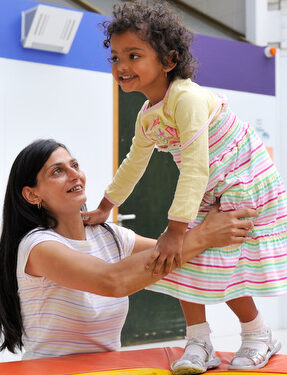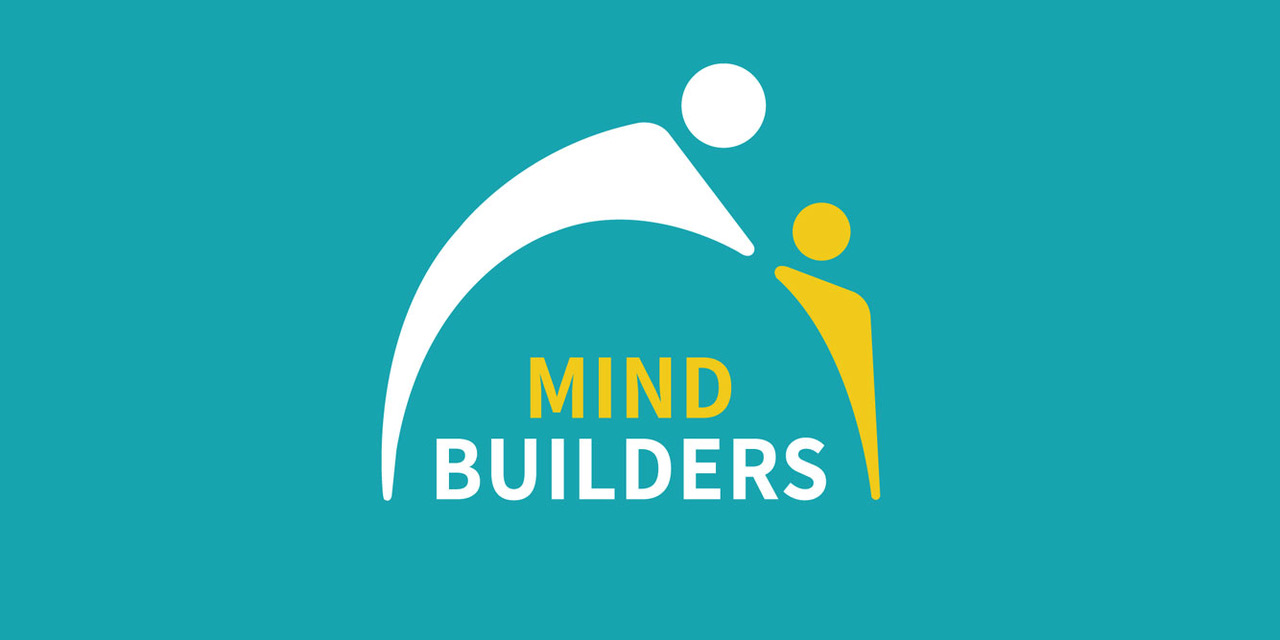My approach

![]() “Sometimes it's the people who nobody can imagine doing things, who do things, that nobody can imagine."
“Sometimes it's the people who nobody can imagine doing things, who do things, that nobody can imagine."
Alan Turing
A relationship-based approach to development
Since autism is a developmental disorder and human development consists of live growth processes, obviously children with autistic-like behaviors or an autism diagnosis can also develop and make good progress. Autistic behaviors are often based on underlying individual differences in self-regulation, perception, feelings and relationship skills. When we focus our attention on this, rather than on externally observed behaviors, our approach changes with good prospects for positive progress.
‚When you see a child differently, you see a different child.' (Prof. Stuart Shanker)
In a relationship-based developmental approach to autism our focus is on the child as an individual and as a family member, - not his autism or other diagnoses. In partnership with parents and the family, we try to help the child 'climb the development ladder' and develop their human capacity for loving relationships, playful interactions, symbolic play and language through games and communication that are adapted to the child's developmental levels. Humans are made for relationships and social interaction with another human being!
Requirements for Positive Development
The child receives appropriate and sensitive support from his parents.
Parents can empathetically engage in the developmental process with their child as active partners.
Parents are the Cornerstone for Change
Parents, by nature, know their child best. As the primary caregiver, they play the most important role in making a difference. Developmental disorders, whether autistic behaviors, communication or relationship difficulties, affect the entire family, not just the child.

When parents receive individual guidance and support on how to actively respond to their child and their special needs at home, positive developments in the child and family result.
Parents spend more time with their child than all teachers and therapists combined
A child spends 90% of his childhood at home, even if he goes to school full time
Parents need guidance, especially with challenging behaviors
Parents often suffer from their child's difficulties more than the child itself
With individualized coaching, parents feel empowered to competently support their child every day at home.
Mohan's mother after a few months of cooperation
![]() "Since we met Sibylle, we have a clearer direction and orientation. We can see the world from Ariel's perspective and feel more confident in our interactions with him. As a result, Ariel now increasingly seeks interaction and is more interested in his environment, which also strengthens the relationship between us. The more relaxed atmosphere at home has improved our family life and encourages the development of language and play."
"Since we met Sibylle, we have a clearer direction and orientation. We can see the world from Ariel's perspective and feel more confident in our interactions with him. As a result, Ariel now increasingly seeks interaction and is more interested in his environment, which also strengthens the relationship between us. The more relaxed atmosphere at home has improved our family life and encourages the development of language and play."
Ariel's father, Ariel is 12 years old.
You want more information?
FIRST MEETING
FREE get-to-know conversation
NEWSLETTER
News, offers, dates
TIPS AND IDEAS
Strategies, game ideas & materials

